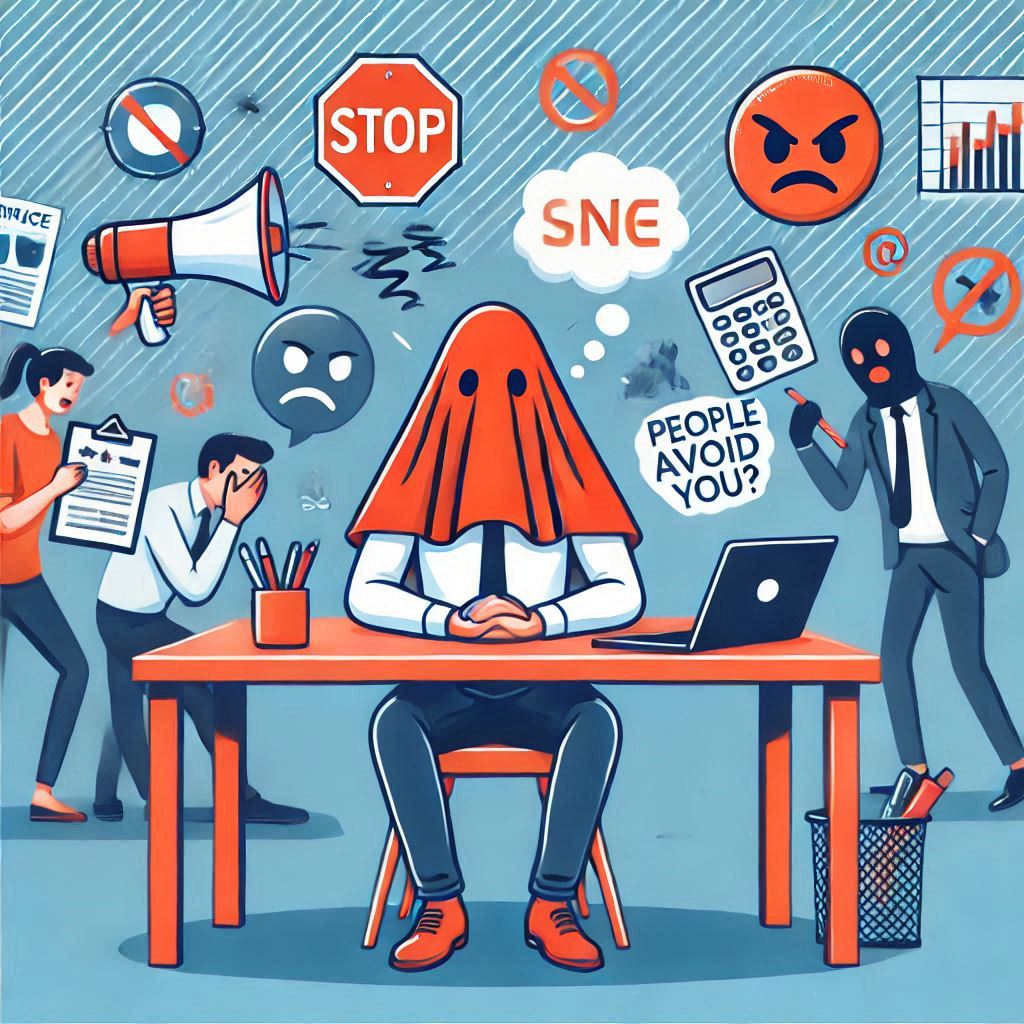If you’ve noticed people avoiding you, it’s natural to feel hurt or confused. There are various reasons for this behavior, often tied to perceptions, communication styles, or personal behaviors. Below are 10 detailed reasons, each with a possible explanation and insight into how to address them.
1. Negative Energy or Attitude
People may avoid individuals who frequently display negativity, such as complaining, pessimism, or cynicism. Constant negativity can drain others emotionally, making them hesitant to engage. If you often focus on problems without solutions, try shifting to a more positive outlook. Practice gratitude and actively listen to others’ perspectives, showing empathy and understanding.
2. Poor Communication Skills
Misunderstandings, interrupting others, or dominating conversations can lead to avoidance. Communication should be a two-way process where listening is as important as speaking. Pay attention to social cues and ensure your responses are thoughtful and relevant. Respect others’ boundaries during conversations to create a more engaging dynamic.
3. Overbearing Personality
Being overly controlling, opinionated, or assertive can intimidate others. While confidence is a good trait, overbearing behavior might make others feel unheard or overshadowed. Practice humility and give others space to express themselves. Strive to balance assertiveness with flexibility and understanding.
4. Lack of Self-Awareness
People might avoid you if they feel you are unaware of how your words or actions affect others. This can include talking too loudly, making insensitive comments, or failing to respect personal boundaries. Reflect on feedback and observe how others react to you. Improving self-awareness can lead to more harmonious interactions.
5. Judgmental Behavior
If people feel judged or criticized by you, they might withdraw to avoid confrontation or discomfort. Everyone appreciates being accepted for who they are. Avoid jumping to conclusions or offering unsolicited advice. Instead, show compassion and try to understand others’ perspectives without judgment.
6. Clinginess or Neediness
Being overly dependent on others for emotional support, validation, or attention can push them away. While it’s natural to seek support, balance is key. Build self-reliance and confidence by exploring your interests and creating a fulfilling life independent of others’ approval.
7. Conflict or Drama-Prone Behavior
Some people avoid individuals who frequently engage in arguments or create drama. Constant conflict can make relationships feel stressful and exhausting. Practice staying calm during disagreements and look for constructive ways to address issues. Focus on maintaining peace and fostering a positive environment in your interactions.
8. Unreliable or Dishonest Behavior
If you’ve broken trust or been unreliable in the past, people may distance themselves. Reliability and honesty are crucial for maintaining healthy relationships. Rebuild trust by being consistent in your actions, keeping promises, and admitting mistakes when they occur.
9. Misaligned Values or Interests
Sometimes, people avoid others due to differences in values, beliefs, or interests. While it’s impossible to align with everyone, showing respect for differing views and finding common ground can help bridge gaps. Explore shared interests or activities to foster stronger connections.
10. Social Anxiety or Misinterpretation
Your own fears or insecurities might lead you to misinterpret others’ actions as avoidance. Alternatively, you might unintentionally signal disinterest or discomfort, causing others to withdraw. Work on building confidence in social settings by practicing mindfulness, engaging in small talk, and focusing on positive interactions.
Final Thoughts
Understanding why people might avoid you requires introspection and empathy. Consider seeking feedback from trusted friends or family to gain insight into behaviors you might not recognize. Personal growth takes time, but with effort, you can foster stronger, more meaningful relationships.
